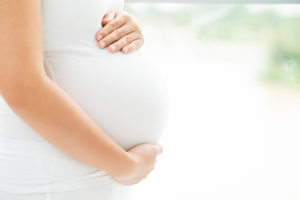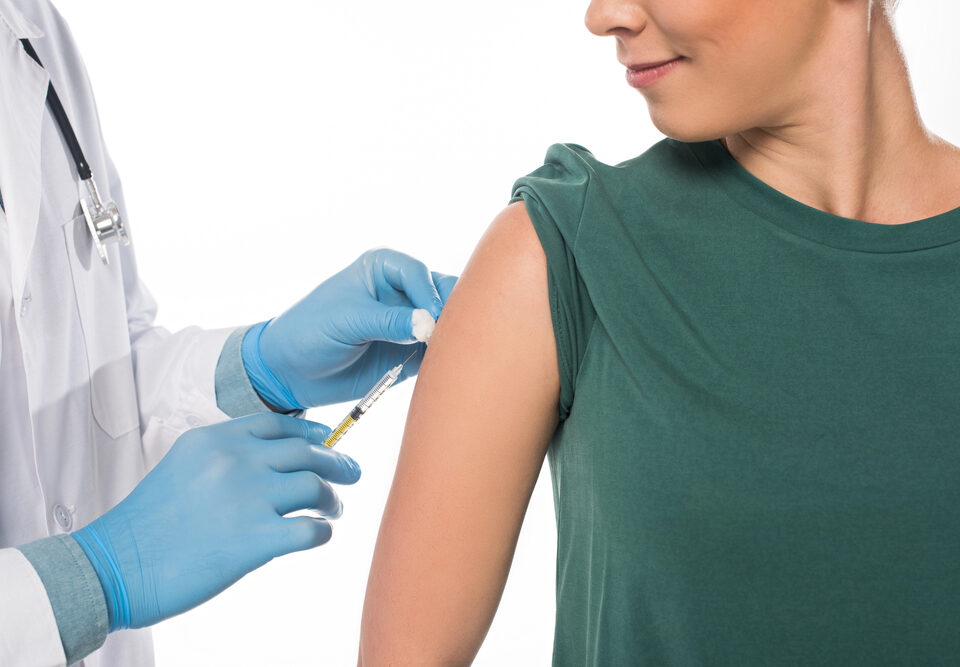Israel to Allow Surrogacy for Same-Sex Couples
March 7, 2020Arizona Embryo Dispute Case Update
March 17, 2020As the situation surrounding the COVID-19 pandemic continues to evolve, there are still many unknowns. For people who are trying to become pregnant through fertility treatments or through surrogacy, there are still more questions than answers. It is not clear yet what the impact of the virus has on reproduction or pregnancy.
 The American Society of Reproductive Medicine (ASRM) has created a COVID-19 task force to study the implications and issue guidance for intended parents. The initial guidance statement, issued on March 13, 2020, included recommendations that people who have symptoms associated with COVID-19 and who are undergoing active fertility treatments should avoid becoming pregnant while ill and avoid embryo transfers until they are recovered. See the latest updates here.
The American Society of Reproductive Medicine (ASRM) has created a COVID-19 task force to study the implications and issue guidance for intended parents. The initial guidance statement, issued on March 13, 2020, included recommendations that people who have symptoms associated with COVID-19 and who are undergoing active fertility treatments should avoid becoming pregnant while ill and avoid embryo transfers until they are recovered. See the latest updates here.
Government-issued travel and quarantine restrictions could also impact intended parents working with gestational carriers in other countries from being able to join their newborns as planned. However, in some cases there are exceptions to the travel restrictions for immediate family members. Recommendations for intended parents in this uncertain time also include creating contingency plans and having healthcare powers of attorney and temporary or standby guardianship documents prepared, so someone else could care for your child if you are not able to join them immediately as planned.
The CDC also includes the following recommendations, applicable to everyone:
- Avoid nonessential travel
- Practice social distancing
- Wash your hands frequently using soap and water for at least 20 seconds
- Avoid coming into contact with people who are ill
- Cover your mouth and nose when you cough or sneeze
- Don’t touch your eyes, nose, or mouth if you haven’t been able to wash your hands
- If you’ve traveled to an area with a high incidence of COVID-19, self-quarantine for at least 14 days
The WHO (World Health Organization) also provides live updates here.
We urge everyone, regardless where you are in the assisted reproduction process, to follow the above tips to keep yourselves and your communities safer. We will continue to monitor and share guidance from the ASRM task force.

